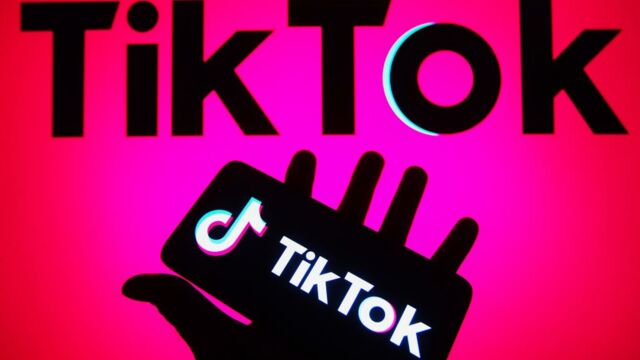TikTok has announced some measures it is putting in place to better detect and enforce rules against harmful online challenges and hoaxes. The company recently commissioned a survey to look at teenagers’ online experiences, with no particular focus on any platform.
Discover our latest podcast
Unfinished Job
The survey suggests that over one in five teenagers has participated in an online challenge, only one in 50 taken part in a ‘risky and dangerous’ challenge. It also shows that fewer than one in 300 teenagers participated in challenges that could be described as ‘really dangerous’. A statement from the company said:
On one hand, it's encouraging to see that just 0.3 percent of teens say they have taken part in challenges that are very dangerous, but it's important that this isn't interpreted as job done.
There has been growing concern about the spread of potentially harmful challenges on the various social media platforms.
Doctors have been warning about the dangers involved in some of these challenges, such as the ‘skull-breaker’ and the recent ‘milk-crate challenge’.
However, challenges such as the ‘ice-bucket challenge’ had positive impacts on raising awareness of amyotrophic lateral sclerosis (ALS).
Technological Interventions
Experts contributing to the report noted:
Adolescence is a period that has always been associated with heightened risk-taking.
But this is coming at time when parents and other stakeholders are raising concerns over the impact of social media on teenagers
Responding to the findings of this survey, TikTok said it would be expanding technology that pick up on dangerous content and those that violates its terms of use. It explains that if a hashtag such as #FoodChallenge, which is commonly used to share cooking inspirations and food recipes, witnesses a spike in content, the technology will alert staff to look into it.
...so if we were to notice a spike in content tied to that hashtag that violated our policies, our team would be alerted to look for the causes of this and be better equipped to take steps to guard against potentially harmful trends or behaviour.
The company says it is also coming down on hoaxes and content on its platform encouraging young people to self-harm.















